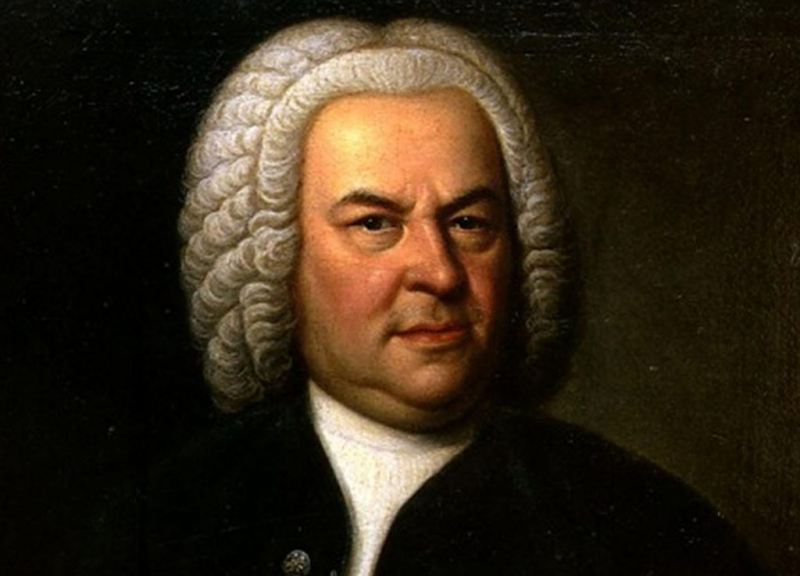Johann Sebastian Bach (1685 – 1750)
Johann Sebastian Bach is widely regarded as the most accomplished composer who ever lived. For BBC Music Magazine, nearly 200 of the world's best composers voted him the Greatest Composer of All Time.
While such assessments are subjective, it is undeniable that the Germans irrevocably impacted music. It's nearly impossible to explain how in a few hundred words, but we'll try...
To begin with, Bach was precise. His music is frequently seen as a science, with a precision that is almost mathematical. The mastery of discordant sounds, the smooth integration of melodic patterns, and the clear synchrony between counterpoint and harmony are all present. Bach was the only one who had perfected these aspects at the time.
Second, he was a hard worker. He composed an amazing 1,128 pieces of music throughout his 65-year career, including 200 cantatas.
He was also a pioneer. Rhythms, shapes, and textures from other countries, particularly Italy and France, were incorporated into established German styles. Beethoven dubbed him the "Father of Harmony," and he influenced Mozart, Chopin, and Brahms greatly.
“There's a bigness, an optimistic complexity, and relish about Bach that makes me return to him in all moods, without ever getting bored. That's about all I can say” stated commentator Andrew Marr.
But think of what could have been. During Bach's lifetime, he was more renowned as an organist, and just a few of his pieces were published in the 50 years after his death. His art was only properly acknowledged and resurrected towards the turn of the nineteenth century.
Keyboard works like The Well-Tempered Clavier and the Brandenburg Concertos, as well as vocal music like St Matthew Passion, are among his most well-known works. Listen to the closing chorus of this tune above to realize why Bach is so remarkable.
Nationality : German











